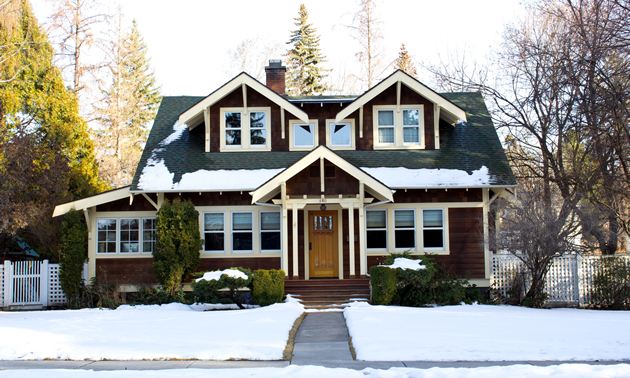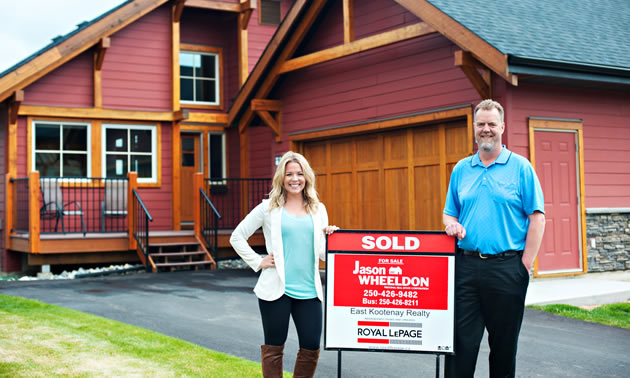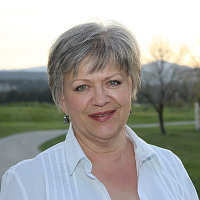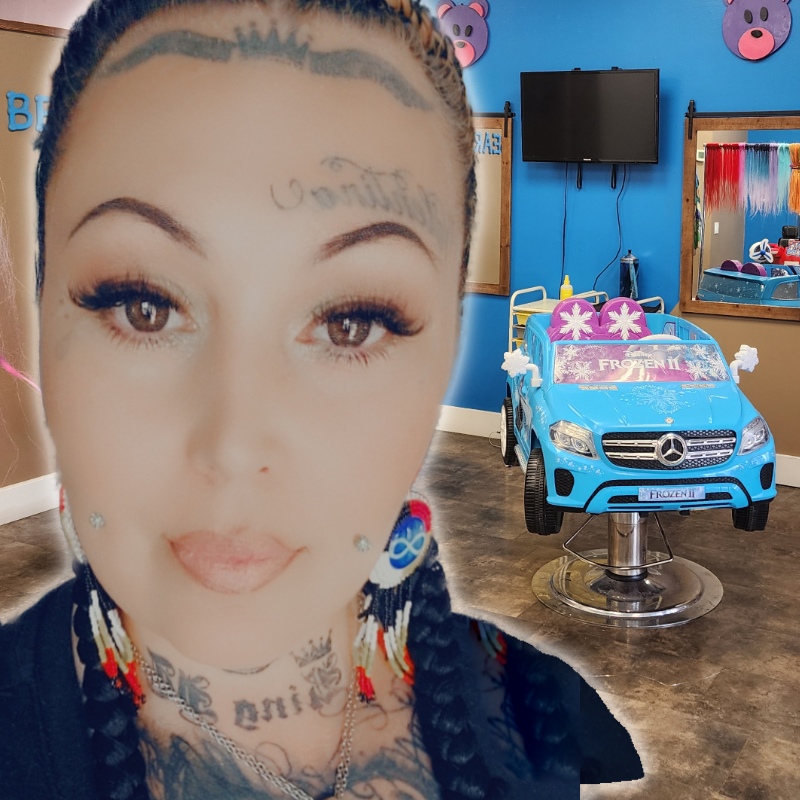Tips for getting top dollar for your home
Let the real estate experts help you with some free advice

With spring approaching, the real estate market is warming up. — GraphicStock photo
Are you preparing to sell your home? There are inexpensive ways to make it more appealing to potential buyers, and the first step is to have your Realtor do a free evaluation.
“If you’re thinking about putting your house on the market in the spring, you want to get the process started,” said Cranbrook Realtor Jason Wheeldon. “I like to evaluate a home early so that people have at least 30 days to prepare it to be shown. I can usually suggest three or four things that can be done to improve the saleability of the home without major expense.”
Keep it simple
Wheeldon encourages vendors to keep the cost of cosmetic changes to under $1,000. Fresh paint and new light fixtures, switchplates and baseboard trim are low-cost improvements that can facilitate the sale and put money in your pocket. Also, he suggested making sure that cupboards close properly and window coverings are in good condition.
Paint can be your best friend when it comes to creating a fresh face for your house. It’s inexpensive and quick to apply, and it can clean up any tiny nicks and scratches. The trick is to be consistent and thorough—updating the paint in only the kitchen and living room, for example, may emphasize an outdated style in other rooms.
“Don’t worry too much about the decor in children’s bedrooms, because I usually find that people want to decorate those to their own liking anyway,” Wheeldon said. “Do clear out your clutter, though. If you have too much furniture, take out one or two things and put them in storage.”
However, you need to know when to stop—it’s easy to get carried away in the name of keeping the decor consistent from one area to another. If you’re talking flooring, for instance, updates can run to many thousands of dollars, with no guarantee that you’ll recoup the expense when you sell.

Jason Wheeldon is a successful Realtor in Cranbrook, B.C. — Photo courtesy Jason Wheeldon
“In one case recently,” Wheeldon said, “the sellers ripped out old, stained flooring and asked me what they should replace it with. I suggested that rather than spending money on new flooring that might or might not appeal to potential buyers, we could leave the floors unfinished and price the home accordingly, offering the buyer the opportunity to choose what they wanted within a flooring allowance, and anything above that price would be their responsibility. That would reduce risk for the vendor and it would be exciting for the buyer. That opportunity to personalize the home is a big attraction for buyers and it turns a negative into a positive for the vendor.”
Wheeldon has found that buyers—especially first-time buyers—often like to personalize the home to their liking and don’t necessarily mind putting in some sweat equity. Others want a completely turn-key home.
Sellers need adequate time to do their upgrades with minimum stress about a looming listing date. Thirty days should be enough. Take too long to prepare your home to be listed and you may require a second evaluation because of changes in the market. In general, the inventory of houses on the market begins to increase in February, peaking in June; after that the availability of houses for sale usually begins to decline.
And if you're buying
While Wheeldon recognizes that no two homes are the same and every price sector is different, he does have some blanket advice for buyers:
- Start young: buying a home when you’re in your 20s means you’ll be mortgage free in your 50s or sooner.
- Get professional advice: lenders, mortgage brokers and Realtors are expert guides in the buying process, and they can prevent you making expensive mistakes.
- Be willing to take your time making your specific choice: make sure you can live with the things you don’t love about the house.
- Ask your Realtor about features that will make the house easy to sell again, should you wish to.






Comments